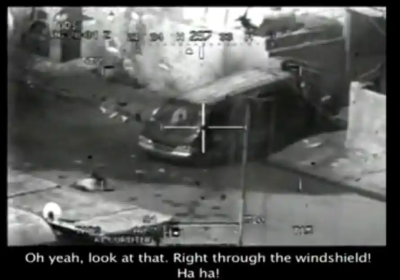
Julian Assange's fate will likely rest with British Home Secretary Priti Patel, following the Supreme Court's refusal to grant an appeal over his extradition to the United States, reports Binoy Kampmark.

Julian Assange's fate will likely rest with British Home Secretary Priti Patel, following the Supreme Court's refusal to grant an appeal over his extradition to the United States, reports Binoy Kampmark.
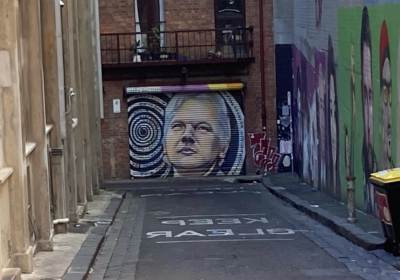
Wikileaks founder Julian Assange's legal team has been granted leave to appeal to Britain's Supreme Court against his extradition to the United States, reports Binoy Kampmark.
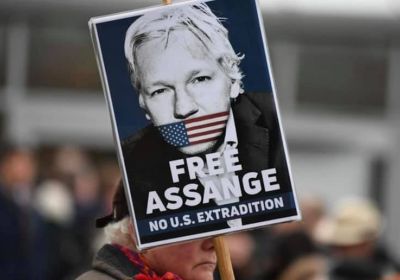
On his 1000th day of imprisonment, WikiLeaks founder Julian Assange's supporters gathered to show their support, solidarity and indignation at his ongoing political detention, writes Binoy Kampmark.
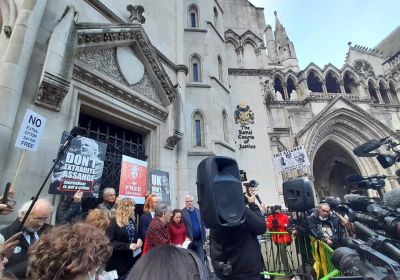
With Julian Assange now fighting the next stage of efforts to extradite him to the United States, some Australian politicians have found their voice. Binoy Kampmark reports.
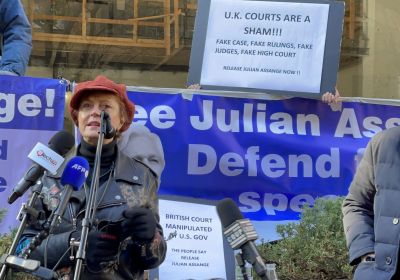
It is fittingly monstrous that the decision to extradite Julian Assange was handed down the same day the Nobel Peace Prize was awarded to two journalists, Maria Ressa and Dmitry Muratov, writes Binoy Kampmark.
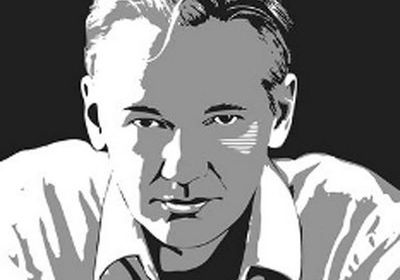
Cruelty has caught fire in Australian politics; cowardice has become the currency affecting exchange with Washington and London, argues Stuart Rees.
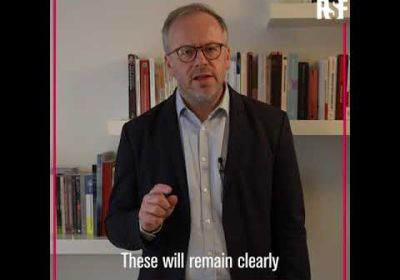
The ruling to allow Julian Assange's extradition to the United States is based on fraudulent “assurances” scrabbled together by the Biden administration when it looked in January like justice might prevail, writes John Pilger.

Binoy Kampmark sums up the second day of the extradition appeal by the United States against Wikileaks founder Julian Assange.
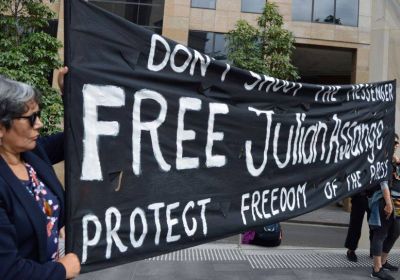
Binoy Kampmar sums up Day 1 of the appeal hearing against Wikileaks founder Julian Assange.
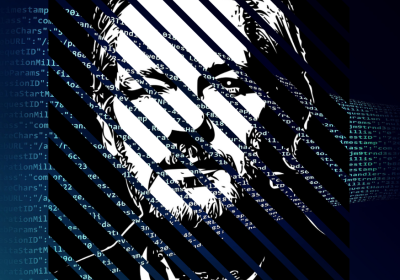
Prominent figures in Aotearoa (New Zealand) are calling on Prime Minister Jacinda Ardern to offer Wikileaks founder Julian Assange asylum, reports Matt Robson.
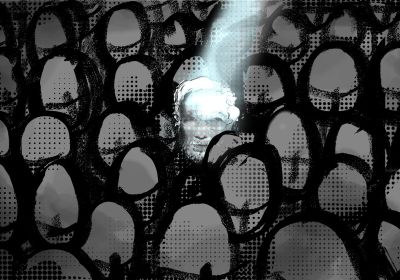
As the world awaits the outcome of the United States' appeal to extradite Julian Assange from Britain, the WikiLeaks founder's courage is beyond doubt, writes John Pilger.
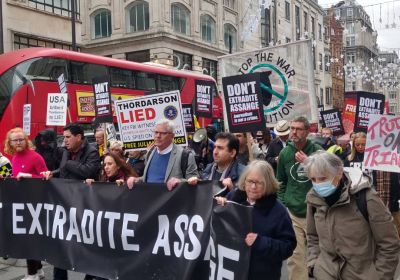
The United States prosecution of Julian Assange is about to enter the next phase in what can only be described as torture via procedure, reports Binoy Kampmark.